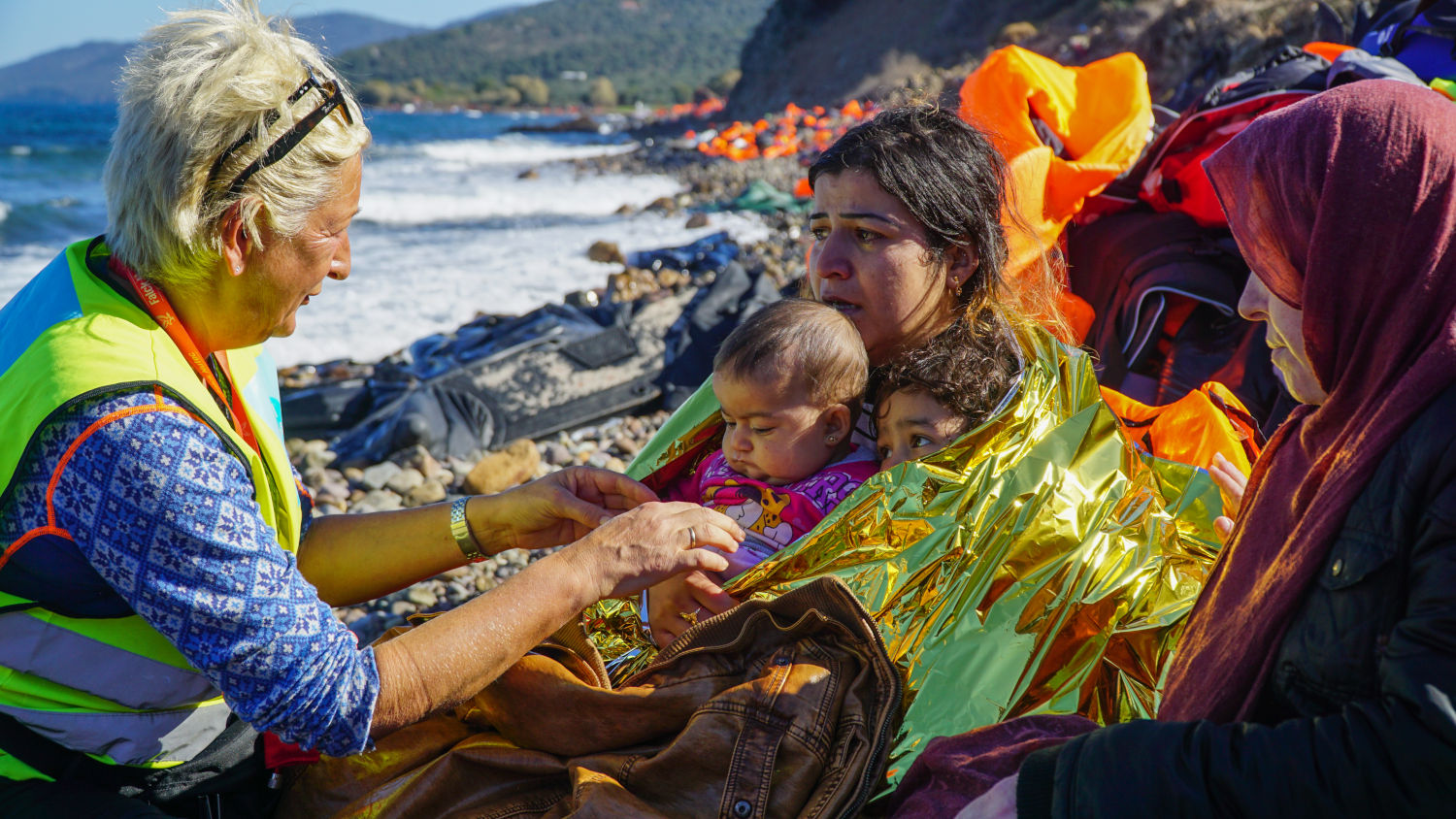Europe & Central Asia
Lack of judicial independence undermines the Rule of Law and the protection of human rights in many countries of the region, leading to routine violations of human rights in the criminal justice system in many CIS countries, and in Turkey. Problems of judicial independence also persist in the Balkans, and in some EU states. We also focus on the dependence of bar associations on the executive and by harassment of lawyers as a result of their defence of their clients. We work on these issues throughout the region with a particular focus on the Russian Federation, Kazakhstan, Kyrgyzstan, Tajikistan, Turkmenistan, Uzbekistan, Azerbaijan, Turkey, Serbia and Kosovo.
Migrants, including refugees, arriving in Europe are at risk of multiple violations of their human rights, exacerbated by the failure of EU law and policy to ensure adequate reception conditions and asylum procedures for the increasing numbers of people in need of protection.
National justice systems are often ineffective in protecting their human rights as they struggle to access procedures to challenge detention, appeal asylum determinations, or uphold their human rights. We advocate for their protection, in EU law, and in regional Council of Europe standards, including through third party interventions to the European Court of Human Rights, working In cooperation with national partner NGOs.
Through legal analysis and advocacy, the ICJ works to ensure that EU law, Council of Europe standards and counter-terrorism legislation in targeted countries comply with international human rights law.
We regularly intervene on issues of counter-terrorism and security before the European Court of Human Rights.
We are actively engaged in shaping policies and conventions that will impact significantly on AL implementation and how it impacts human rights. We have observer status at the Council of Europe and in the Committee on AI and regularly comment on the drafts of the CoE Framework Convention on AI, positively influencing the drafting process. We publish regular position papers and meet with European Parliament members.

